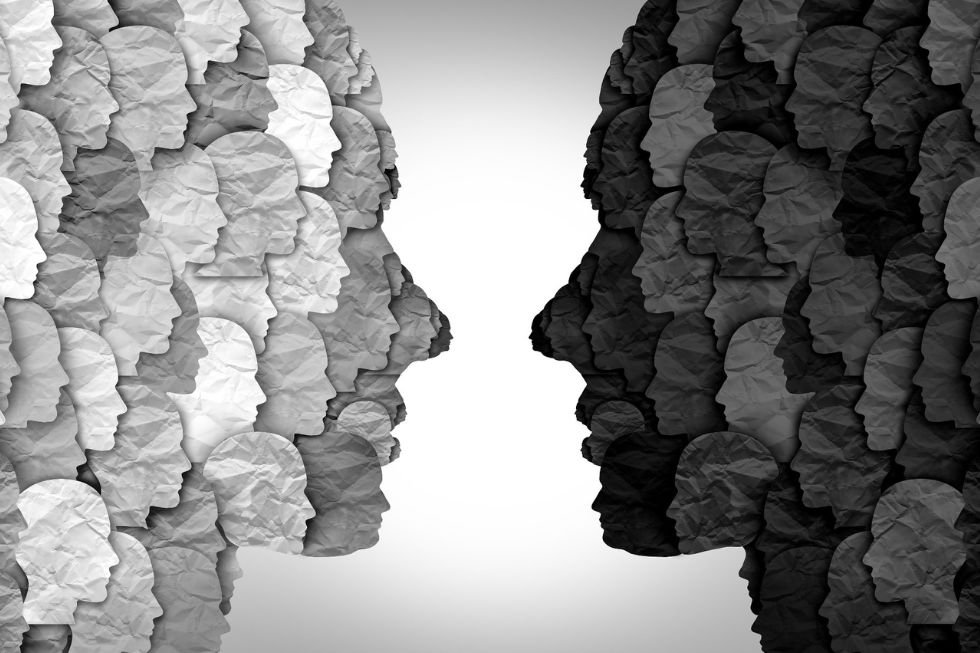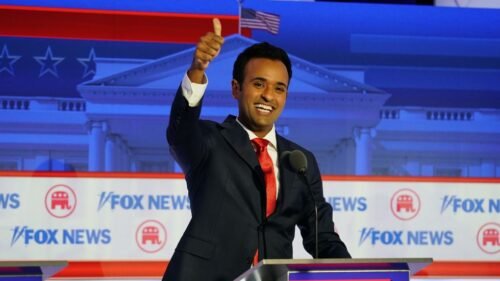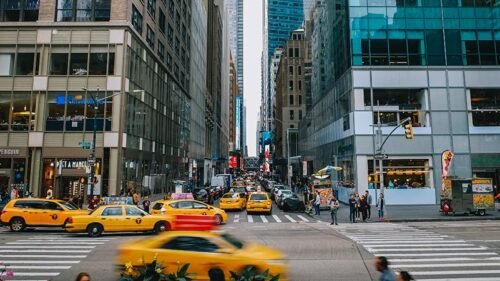The world stands at a historic crossroads. The 2020s have accelerated the decline of the liberal international order and challenged the Enlightenment ideals that shaped modern democratic capitalism. Across the political spectrum, from left-wing neo-Marxists to right-wing neofascists, procedural democracy is exploited to entrench authoritarian regimes. The scale of ecological breakdown demands radical solutions that go beyond conventional business logic centered on individual preferences and traditional public policies based on taxation and regulation.
Technological advances threaten economic concentration and social fragmentation, while demographic decline and rising nationalism expose weaknesses in liberal ideas about family, identity and cultural cohesion. Geopolitical tensions reveal the limits of relying solely on economic interdependence to secure peace. In short, liberalism appears exhausted and ineffective.
Nonetheless, this deep crisis, including outright rejection of liberalism, calls for reinvention rather than nostalgia or abandonment. What is needed is resilient liberalism: a form of liberalism that learns from disruption without forsaking its core principles. It is a call to reaffirm the essence of liberalism, the primacy of the individual over the state, prepolitical personal freedoms, inherent human dignity, minimal state coercion and interference and social pluralism.
Diagnosing the disruption
Liberal democracies now operate under conditions similar to those before the establishment of the post-World War II order. The resurgence of great-power rivalry has undermined the liberal ideals of economic convergence and political consensus. International law and organizations tasked with enforcing it have lost their legitimacy and effectiveness. Many states either disregard them or abandon international treaties to pursue undemocratic and violent actions.
On the domestic level, citizens, residents and migrants face Kafkaesque bureaucratic machines and invasive systems of control and surveillance. In many countries, the public sector has evolved into a rent-seeking Leviathan that demands citizens’ compliance, even when the state fails to fulfil its basic functions, let alone provide any meaningful value to its citizens and residents. Moreover, states do not hesitate to employ extrajudicial methods against their citizens and foreigners to further their interests.
The private sector persists in using legal opacity, procedural absurdities, aggressive lobbying, questionable psychological tactics and even outright lies to pursue short-term profits and unsustainable consumption patterns.
In the increasingly dysfunctional world of disruption, individuals and families have become pawns of extractive states and powerful corporations. These trends are not temporary shocks; they are structural changes in a world that is regressing towards an antiliberal and antiindividual reality rooted in the “might-make-right” principle, regardless of how irrational or exploitative it is. In this context, liberalism must either adapt or become a historical footnote.
Resilient liberalism: a new framework
Resilient liberalism is a theory of adaptable continuity. It explores how liberal values can be maintained within current, nonliberal conditions through new forms of leadership, governance and personal behavior. Resilient liberalism proposes five types of normative resilience as essential to defending human freedom in a world of disruption, that each person possesses inherent dignity and pre-political freedoms.
That freedom is about being able to live a life one wants without undue interference from the state and society. The exercise of freedom requires strong personal ethics and civic virtues that allow for responsible self-government. The ability to live a life of your own with minimal external interference implies social pluralism.
The principal function of the government is to protect the prepolitical natural freedoms of citizens, assuming the role of a “night watchman” rather than a tyrannical overlord. That power must be constrained and decentralized to favor individual freedom and self-government in politics, the economy and social life.
Liberalism should not be seen only as a set of procedures within modern political life. Instead, it starts by recognizing that liberty exists before politics and is based on natural law and the inherent worth of each person. Liberalism supports personal freedom and self-governance even during difficult times like authoritarian rule, political surveillance or ecological challenges to the economy. It also benefits from being humble about its own limits, history and mistakes. This openness can help liberalism adapt and stay strong in a fast-changing world. For example, by admitting past problems such as too much focus on individualism, uncontrolled consumption and blind trust in markets, liberalism can find ways to renew itself.
— Political resilience requires a change in how we design political institutions and educate citizens. Governance systems must recognize their limited capacity and therefore curb technocratic overreach. Liberalism releases the government from the utopian dreams of all-encompassing surveillance, regulation and management. It advocates for more modest solutions based on subsidiarity, decentralization and responsible exercise of ordered liberty. These principles enable governments to act ethically and adaptively at scale. Building on the epistemic humility of liberalism, political institutions become more resilient because they are open to ongoing reform, innovation and self-correction, while remaining limited in their size and scope.
— A new cultural liberalism must accompany new political liberalism. Cultural liberal resilience involves revitalising the liberal imagination, not as consumer individualism, but as a shared civic ethos capable of resisting both nihilism and technocratic inertia. Liberalism is not a dogma, but an open-ended tradition rooted in the primacy of the individual over the state, ordered liberty and civic responsibility.
— Geopolitically, it champions international cooperation as essential to addressing global shocks without descending into authoritarian nationalism. As demonstrated by the COVID-19 pandemic, the ongoing crisis in the Middle East, and other domestic and international conflicts, the less international cooperation there is, the more fragile the global system becomes.
A new page
Disruption is no passing storm but a defining chapter, challenging public and private life’s assumptions. Liberalism will endure only if reimagined through resilience, embracing imperfection while resisting authoritarian allure or despair’s paralysis. We must recommit to freedom grounded in humility, adaptability and ethical self-government: a resilient liberalism capable of thriving amid uncertainty rather than fading into history’s footnotes.
[Tara Yarwais edited this piece.]
The views expressed in this article are the author’s own and do not necessarily reflect Fair Observer’s editorial policy.
Support Fair Observer
We rely on your support for our independence, diversity and quality.
For more than 10 years, Fair Observer has been free, fair and independent. No billionaire owns us, no advertisers control us. We are a reader-supported nonprofit. Unlike many other publications, we keep our content free for readers regardless of where they live or whether they can afford to pay. We have no paywalls and no ads.
In the post-truth era of fake news, echo chambers and filter bubbles, we publish a plurality of perspectives from around the world. Anyone can publish with us, but everyone goes through a rigorous editorial process. So, you get fact-checked, well-reasoned content instead of noise.
We publish 3,000+ voices from 90+ countries. We also conduct education and training programs
on subjects ranging from digital media and journalism to writing and critical thinking. This
doesn’t come cheap. Servers, editors, trainers and web developers cost
money.
Please consider supporting us on a regular basis as a recurring donor or a
sustaining member.
Will you support FO’s journalism?
We rely on your support for our independence, diversity and quality.










Comment